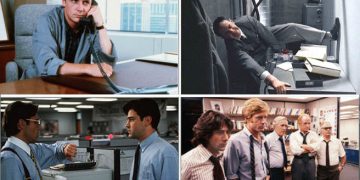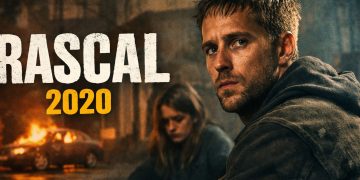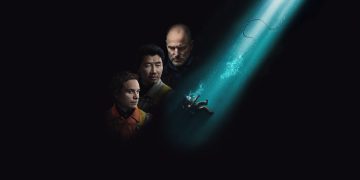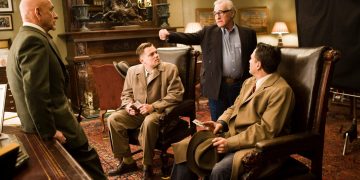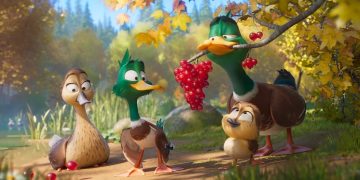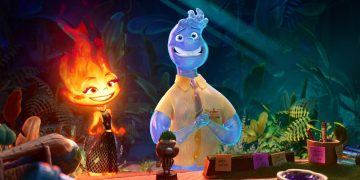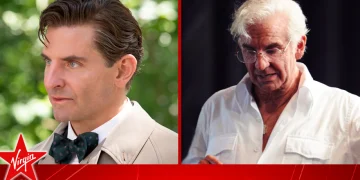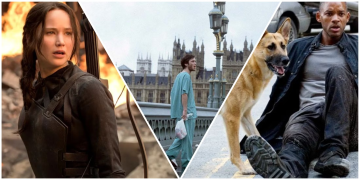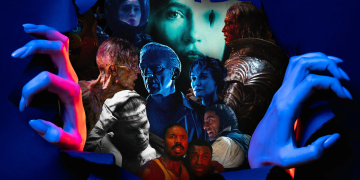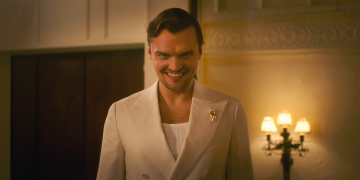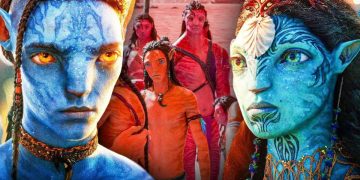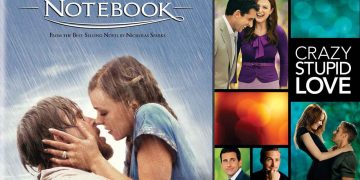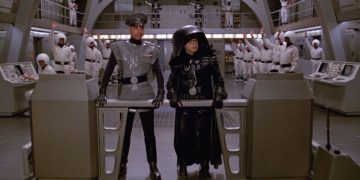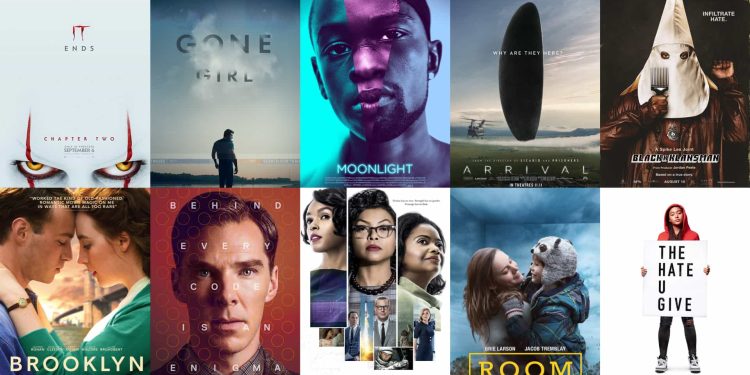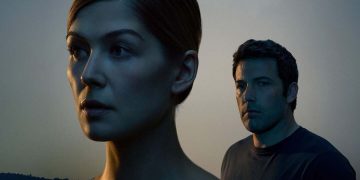Great Movies Adapted from Famous Novels: When Page Meets Screen Perfectly
Some stories are so powerful, so timeless, that they leap from the page and land triumphantly on the big screen. Great movies adapted from famous novels are more than just visual recreations—they are reinterpretations that carry the spirit of the original while standing tall as cinematic art in their own right.
When done right, these adaptations can ignite new audiences, inspire generations, and give beloved characters a second life. Below is a carefully curated list of films that not only stay true to their literary roots but elevate them through compelling performances, direction, and storytelling.
Introduction: The Art of Adapting Books into Movies
Bringing a book to life on screen is a balancing act between fidelity and vision. The best adaptations understand that not every word can be translated, but every feeling must be.
A great director doesn’t just retell the story—they reimagine it. And when actors breathe new life into characters you once only imagined, the experience becomes transformative.
“The book was good, but the movie? It gave it a whole new depth.” – a sentiment every film-and-literature lover has felt at least once.
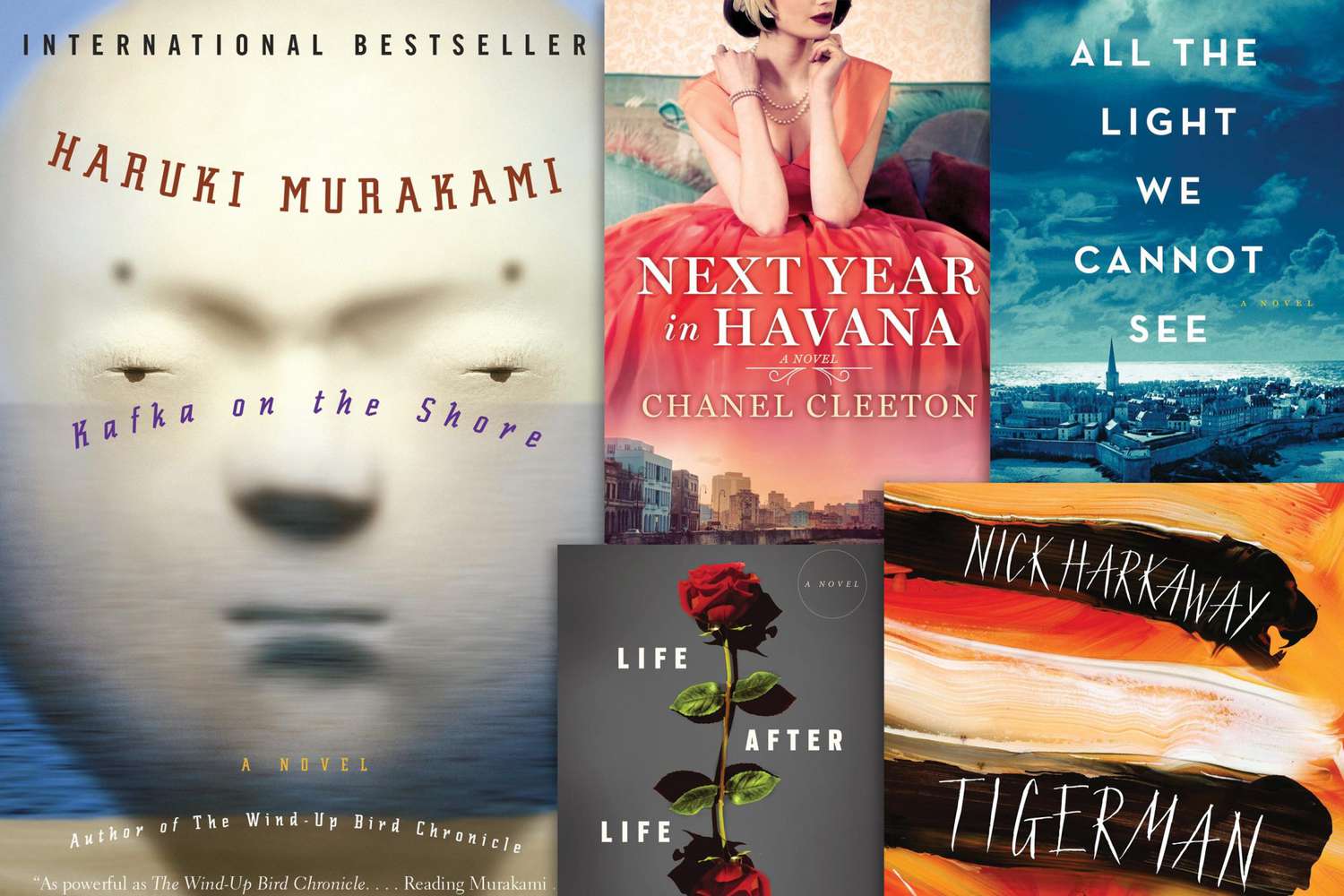
Faithful Adaptations That Captured the Book’s Soul
These films stayed remarkably true to the tone, characters, and themes of their source material—earning admiration from critics and devoted readers alike.
To Kill a Mockingbird (1962)
Based on the novel by Harper Lee
This Oscar-winning adaptation is as much a part of literary culture as the book itself. Gregory Peck’s portrayal of Atticus Finch is iconic, embodying quiet moral courage in a deeply divided society.
With its delicate pacing and social commentary, the film preserves the novel’s messages about empathy, justice, and racial inequality, making it a staple in both classrooms and cinephile collections.
The Godfather (1972)
Based on the novel by Mario Puzo
Co-written by Puzo himself, The Godfather remains a benchmark for crime drama—and for adaptation done right. The film adds cinematic gravitas without losing the intricate family dynamics and mafia code present in the book.
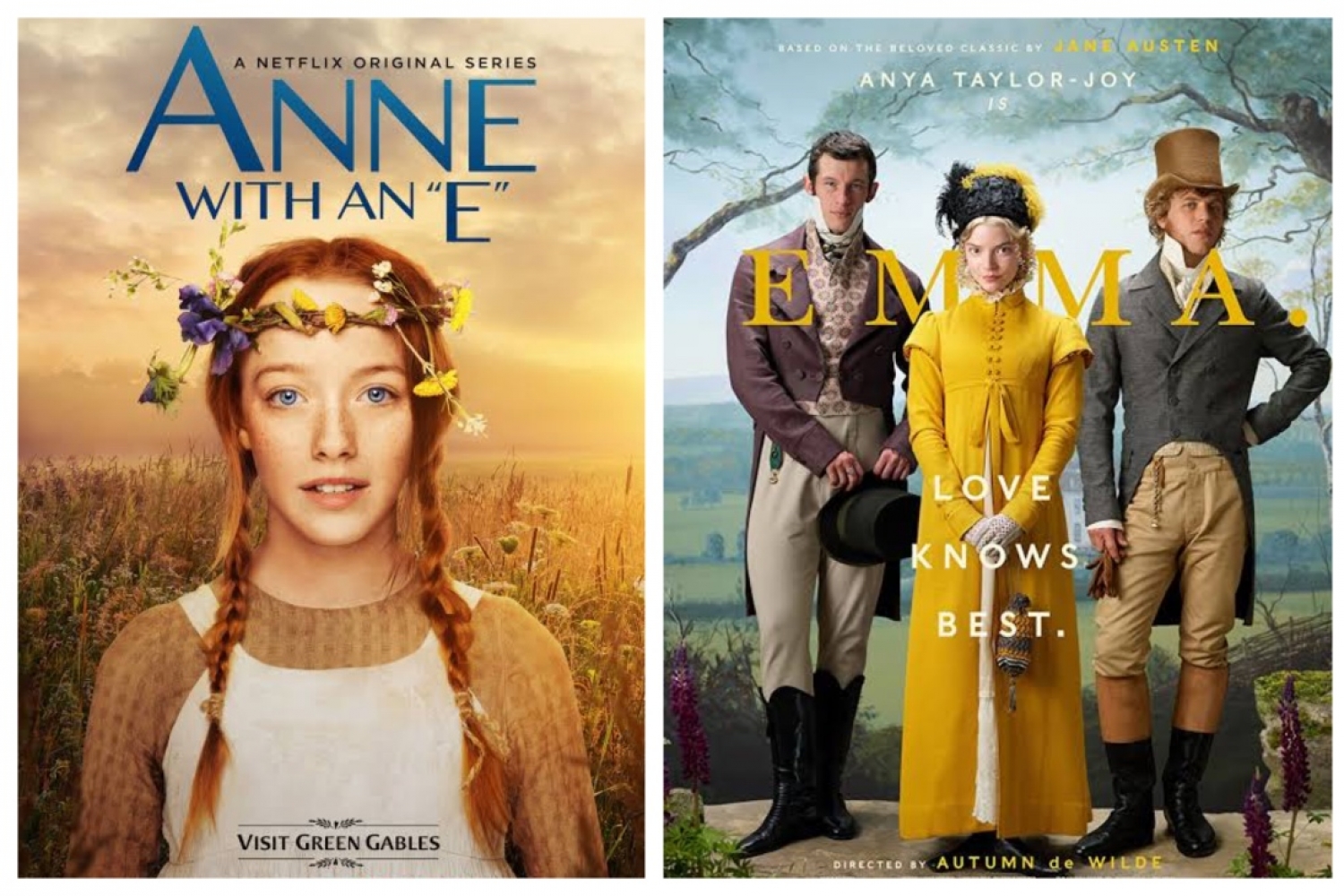
1984 (1984)
Based on the novel by George Orwell
Dystopia is hard to get right on screen, but Michael Radford’s adaptation of Orwell’s totalitarian nightmare pulls no punches. The bleak cinematography and minimalistic soundtrack reflect the novel’s oppressive tone, giving audiences a visual manifestation of Big Brother’s gaze.
John Hurt’s performance as Winston Smith delivers heartbreak and resistance in equal measure, remaining one of the most chilling portrayals of state control in film history.
The Grapes of Wrath (1940)
Based on the novel by John Steinbeck
A haunting tale of American resilience during the Great Depression, this adaptation captures the grit, poverty, and migration struggles of the Dust Bowl era. Directed by John Ford, it stays emotionally loyal to Steinbeck’s vision while slightly softening the book’s ending for cinematic purposes.
Henry Fonda’s Tom Joad gives voice to the voiceless, echoing one of the most enduring lines in American cinema: “I’ll be there…”
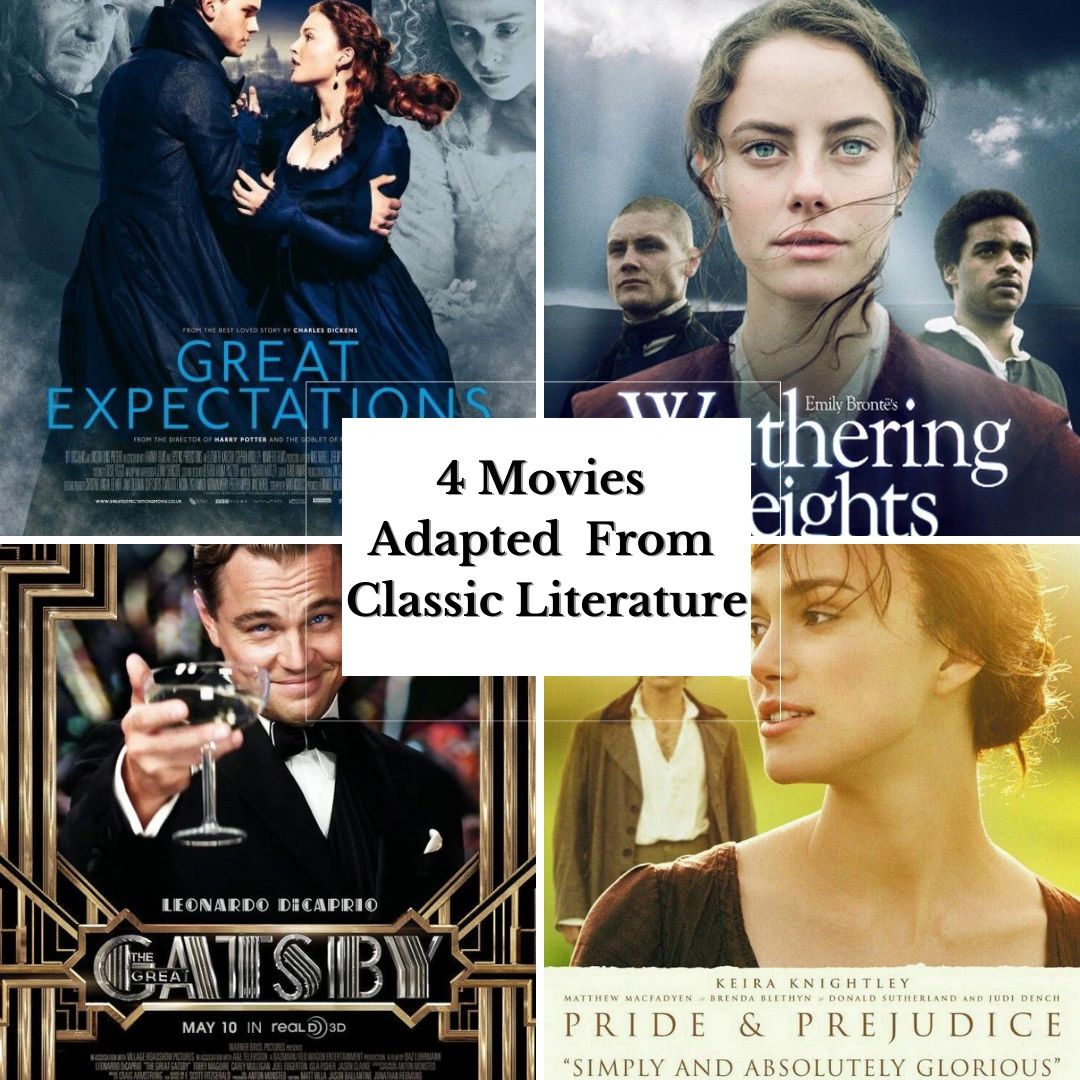
Pride and Prejudice (2005)
Based on the novel by Jane Austen
Joe Wright’s elegant adaptation breathes fresh life into Austen’s beloved novel. While it takes a few stylistic liberties, the emotional truth of the characters remains intact—especially in the chemistry between Keira Knightley’s Elizabeth Bennet and Matthew Macfadyen’s Mr. Darcy.
The cinematography captures rolling English landscapes and intimate moments with equal beauty, making this version a favorite for both Austen purists and new fans alike.
Literary Thrillers and Psychological Masterpieces
These adaptations delve deep into the darker corners of human nature, turning complex novels into unforgettable thrillers that leave a lasting impression.
The Silence of the Lambs (1991)
Based on the novel by Thomas Harris
More than just a thriller, The Silence of the Lambs is a slow-burn psychological study of power and manipulation. Jodie Foster’s Clarice Starling and Anthony Hopkins’ Hannibal Lecter create an electrifying dynamic that perfectly mirrors the tension in Harris’ book.
The film won five major Academy Awards and has since become a cultural benchmark for psychological horror done with nuance.
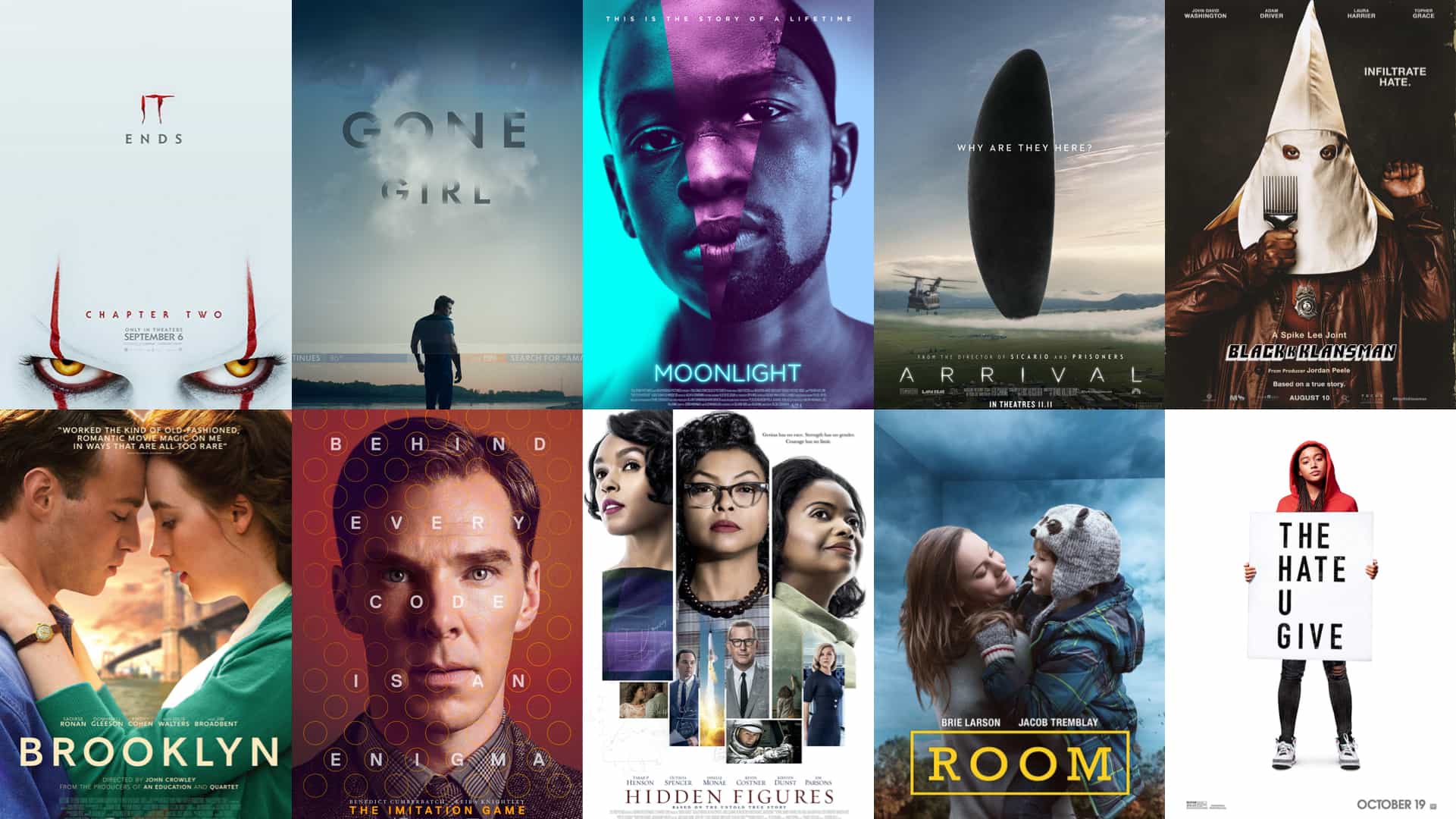
No Country for Old Men (2007)
Based on the novel by Cormac McCarthy
The Coen Brothers bring Cormac McCarthy’s bleak, violent world to the screen with chilling precision. The film mirrors the novel’s minimalism and moral ambiguity—emphasizing atmosphere over exposition.
With haunting performances, especially Javier Bardem’s Anton Chigurh, the adaptation explores fate, violence, and the disappearance of moral order in the modern West.
Room (2015)
Based on the novel by Emma Donoghue
Room is a gripping emotional drama that mirrors the claustrophobic yet tender experience described in Donoghue’s novel. Told through the eyes of a young boy born in captivity, the film captures the psychological tension and emotional bond between mother and child with stunning intimacy.
Brie Larson’s Oscar-winning performance and the restrained yet powerful screenplay (written by Donoghue herself) make this one of the most emotionally faithful adaptations in recent memory.
Doctor Zhivago (1965)
Based on the novel by Boris Pasternak
This sweeping romance set against the backdrop of the Russian Revolution is the definition of a cinematic epic. While condensing a complex novel was no easy feat, David Lean’s direction captures the emotional fragility and political turbulence central to Pasternak’s work.
The film is a visual feast, from snowy landscapes to candlelit interiors, and its love story—anchored by Omar Sharif and Julie Christie—still resonates today. It’s one of those rare adaptations that is both grand in scale and intimate in feeling.
Atonement (2007)
Based on the novel by Ian McEwan
Joe Wright’s second entry on this list proves his unique talent for translating literature into evocative cinema. Atonement tells a tragic tale of misunderstanding, guilt, and lost love, rendered with artistic flair and emotional weight.
From the famous Dunkirk tracking shot to Dario Marianelli’s evocative score, the film brings McEwan’s prose to life in ways that feel visually poetic and narratively faithful. The twist ending—just as devastating as in the book—cements its place among the best literary adaptations.
Little Women (2019)
Based on the novel by Louisa May Alcott
Greta Gerwig’s adaptation brings a modern lens to Alcott’s timeless story without betraying its 19th-century heart. By restructuring the timeline, Gerwig emphasizes the parallels between youth and adulthood, between dreaming and doing.
Saoirse Ronan, Florence Pugh, and the ensemble cast breathe new life into the March sisters, while Alexandre Desplat’s score and Yorick Le Saux’s cinematography wrap the film in warmth and nostalgia. This is a fresh yet faithful retelling that respects the original while deepening its impact.
Life of Pi (2012)
Based on the novel by Yann Martel
Ang Lee’s visionary adaptation of Life of Pi transforms Martel’s philosophical novel into a stunning visual experience. The story of a boy stranded at sea with a Bengal tiger is brought to life with breathtaking CGI, symbolism, and spiritual reflection.
The film captures the novel’s magical realism and existential questions without oversimplifying them. It’s an adaptation that proves movies can enhance the imagination instead of limiting it.
“A story that will make you believe in God.” — Life of Pi delivers not just survival, but transformation.

